Not until we see the richness of the Hindu mind and it's essential spirituality can we understand India
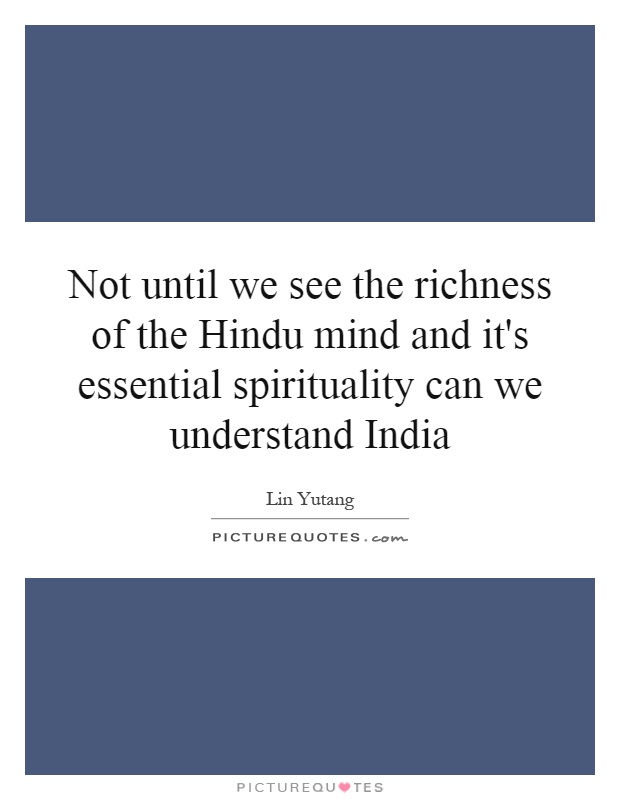
Not until we see the richness of the Hindu mind and it's essential spirituality can we understand India
Lin Yutang, a renowned Chinese writer and philosopher, once said, “Not until we see the richness of the Hindu mind and its essential spirituality can we understand India.” This statement holds profound significance in understanding the complexity and depth of Indian culture and civilization. Lin Yutang's words highlight the importance of recognizing the spiritual and philosophical underpinnings of Indian society in order to truly comprehend its essence.India, often referred to as the cradle of civilization, is a land of diverse cultures, languages, and traditions. At the heart of this diversity lies the spiritual and philosophical heritage that has shaped the Indian psyche for centuries. Hinduism, the predominant religion in India, is not just a set of beliefs and rituals but a way of life that encompasses a profound understanding of the universe and the self. The Hindu mind is characterized by its deep contemplation on the nature of existence, the cycle of birth and death, and the ultimate goal of liberation or moksha.
The richness of the Hindu mind can be seen in the vast array of scriptures, texts, and philosophical treatises that have been produced over millennia. From the Vedas and Upanishads to the Bhagavad Gita and the works of great sages like Adi Shankaracharya and Swami Vivekananda, Hindu philosophy offers a comprehensive framework for understanding the nature of reality, the purpose of life, and the path to spiritual enlightenment.
Furthermore, the essential spirituality of the Hindu mind is reflected in the practices and rituals that form an integral part of Indian culture. From elaborate temple ceremonies to simple daily rituals performed in homes, spirituality permeates every aspect of Indian life. The concept of dharma, or duty, is central to Hindu ethics, emphasizing the importance of living a righteous and virtuous life in accordance with one's social and moral obligations.




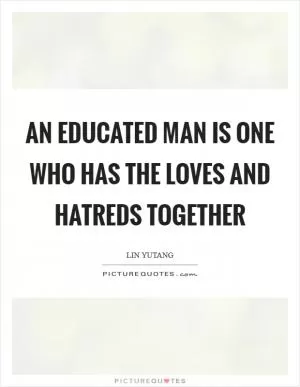

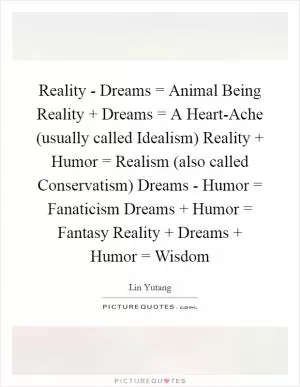

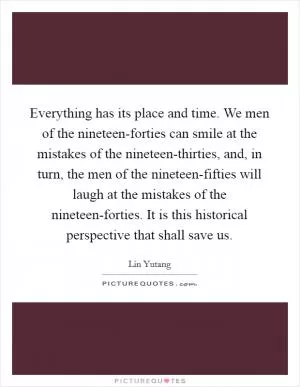

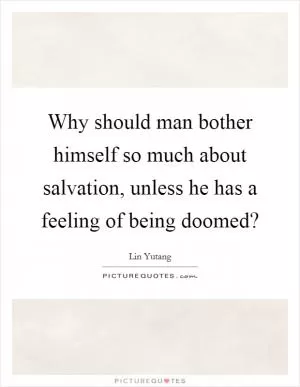
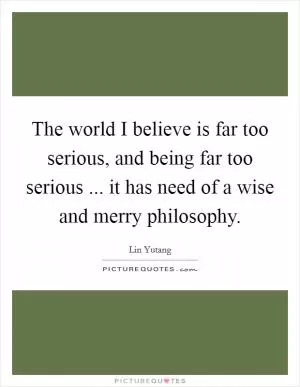
 Friendship Quotes
Friendship Quotes Love Quotes
Love Quotes Life Quotes
Life Quotes Funny Quotes
Funny Quotes Motivational Quotes
Motivational Quotes Inspirational Quotes
Inspirational Quotes